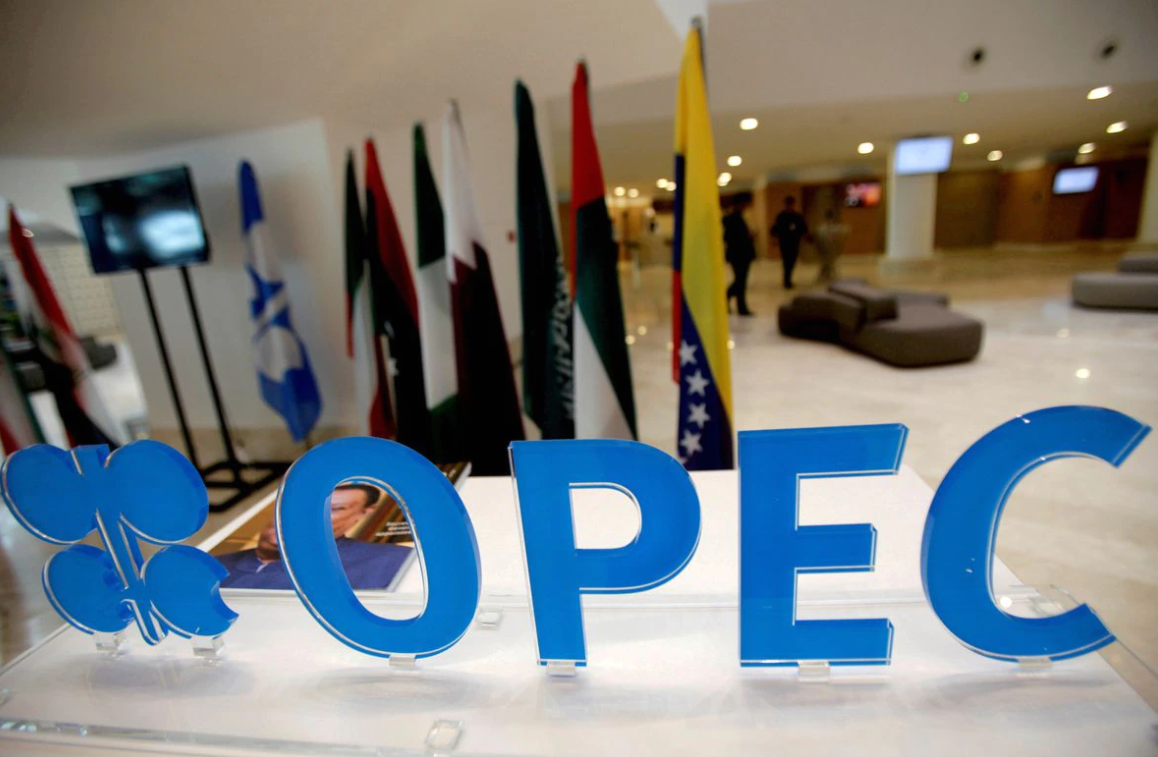Wed Jan 05, 2022
Wednesday / January 5
Kashkari on rates
Neel Kashkari, President of the Minneapolis Fed, said that he supported two rate hikes this year against the risks posed by inflation.
"I brought forward two rate increases into 2022 because inflation has been higher and more persistent than I had expected,” Kashkari said in an article also posted on the Minneapolis Fed website on Tuesday.
Kashkari, one of the central bank Fed's biggest supporters in providing stimulus to help the economy through the coronavirus pandemic, said he now believes more aggressive monetary policy actions will be necessary to deal with high inflation.
Kashkari said he supports the Fed's decision last month to accelerate its withdrawal of asset purchase efforts.
“If the macroeconomic forces that kept advanced economies in a low-inflation regime are ultimately going to reassert themselves, the challenge for the FOMC will be to recognize this as soon as possible so we can avoid needlessly slowing the recovery, while at the same time protecting against the risk of entering a new, high-inflation regime,” he wrote.
Opec+ decisions
The world's largest oil producers agreed at their meeting on Tuesday to stick to the plan for a gradual increase in oil production in February.
The producer group of the Saudi Arabian-led Organization of the Petroleum Exporting Countries OPEC, known collectively as OPEC+ with its Russian-led allies, has decided to increase its production target by 400,000 barrels per day from next month, in line with expectations.
Oil will remain vulnerable to geopolitical tensions this year, such as Russia-Ukraine, the US-Iran and Taiwan-China.
API data
On Tuesday, the American Petroleum Institute (API) reported a 6,432 million barrels drop in US inventories for the week ended December 31.
Analysts had expected a decrease of 3.4 million barrels. API had reported a decrease of 3.09 million barrels in the previous week.
API also showed an inventory increase of 7.1 million barrels for gasoline and 4.3 million barrels for distilled oil. Crude inventories at the Cushing, Oklahoma delivery center rose 2.3 million barrels last week.
The U.S. Energy Information Administration will release inventory data on Wednesday.
On average, crude inventories are expected to fall by 4.4 million barrels according to the S&P Global Platts analyst survey. The survey also expects an increase of 1.9 million barrels per week for each of the gasoline and distillate categories.
Oil prices rose in the electronic trading session after the API data.
US labor market
A record 4.5 million workers in the world's largest economy left their jobs in November, according to data released by the US Department of Labor on Tuesday.
Figures from the Job Openings and Labor Turnover Survey (JOLTS) are the latest sign that the job market is too hot for workers, especially those in low-wage sectors.
The turnover rate in the US is currently 3%. That's the highest rate in two decades that the government has kept records. In sectors such as accommodation, food services and retail, employees leave their jobs at much higher rates - at 6.9% and 4.4% - respectively.
"Recruitments changed little at 6.7 million and total layoffs rose to 6.3 million," the Labor Department said in a statement.
Job gaps fell from 11 million to 10.6 million. This is still much higher than the pre-pandemic situation.
Stocks
In the US, the Dow Jones Industrial Average rose 214.59 points, or approximately 0.5%, to a new record close of 36,799.65.
The S&P500 also hit its intraday record, but fell slightly behind due to technical losses, closing the day down 0.06% to 4,793.54. The Nasdaq Composite Index fell 1.3% to 15,622.72, with losses in technology stocks.
JPMorgan Chase, American Express and Goldman Sachs were among the top earners on the Dow, with expectations that the Federal Reserve will raise interest rates.
